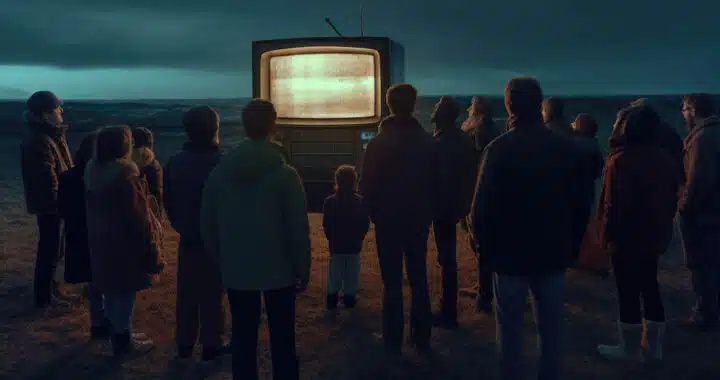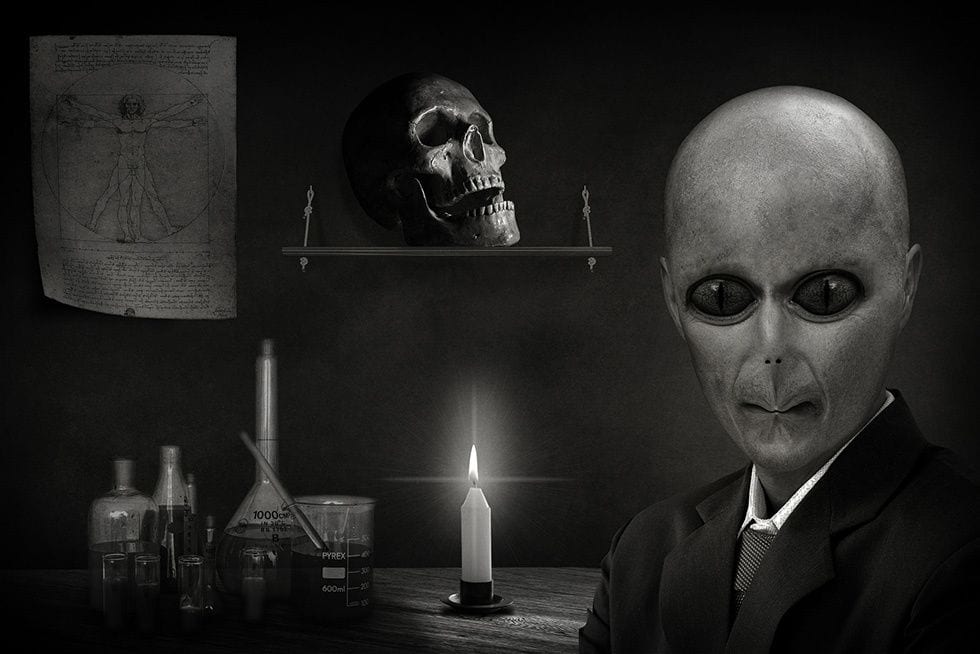
Communitas and Comfort Television
Through the glow of comfort television, we experience communitas – that feeling of “the lost heaven” of the collective – and, for a time, we are relieved of our existential alienation.

Through the glow of comfort television, we experience communitas – that feeling of “the lost heaven” of the collective – and, for a time, we are relieved of our existential alienation.

Mol’s steady drip of accessible anecdotes in ‘Eating in Theory’ offers a slow-motion explosion of the connection between food and philosophy.

Matthew Gutmann's Are Men Animals is and interesting but flawed, rushed look at masculinity that suffers from digressions and an unwillingness to be as political as it could have been.

With discussions of characters like Leon Ray Livingston (a.k.a. "A-No. 1"), credited with consolidating the entire system of hobo communication in the 1910s, and Kathy Zuckerman, better known as the surf icon "Gidget", Susan A. Phillips' lavishly illustrated The City Beneath: A Century of Los Angeles Graffiti, excerpted here from Yale University Press, tells stories of small moments that collectively build into broad statements about power, memory, landscape, and history itself.

Where does one draw the line between conspiracy theories, and politics-as-usual? Anthropologist Erica Lagalisse warns that we ignore conspiracy theory at our peril in Occult Features of Anarchism.